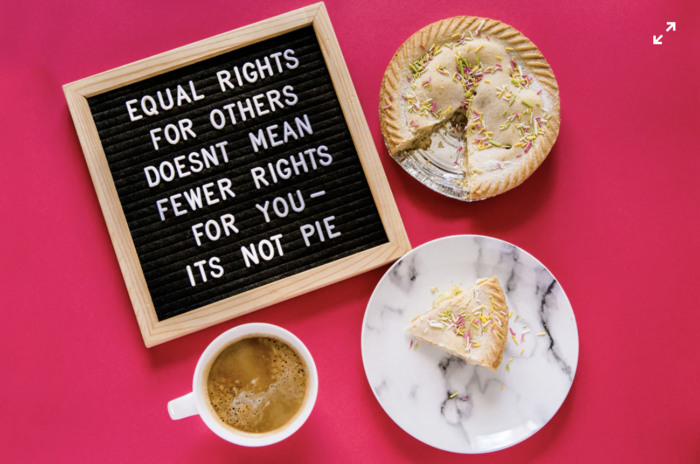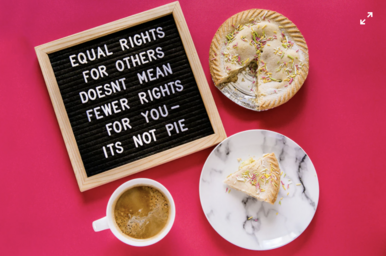Another year, another International Women’s Day (IWD) in the books. Remembering the social, political and cultural achievements women have and continue to make is always cause for celebration. However, as a day devoted to honouring women internationally, too many of them are not represented or acknowledged.
Every year, white, able-bodied, cis-gendered women are at the forefront of this celebration, often speaking over women who face other forms of oppression beyond sexism. While it’s empowering and encouraging to see social media posts and discussion panels surrounding women’s issues, all too often they are focused solely on sexism. Many of these conversations are generated and led by white cis-gendered women who will criticize the patriarchy but won’t address how they benefit from that hegemonic system through the oppression of Black, Indigenous and people of colour (BIPOC).
White feminism is a term that refers to the focus on the struggles of straight white women while ignoring other forms of discrimination such as racism, transphobia, homophobia and ableism which many other women face. Urgencies such as Missing and Murdered Indigenous Women and issues in conjunction with intersectionality are often excluded from the discourse surrounding women’s rights.
Additionally, trans women are often omitted from this celebration, whether intentionally or not. Be mindful of using terms like “womxn” and “the future is female” or centering “girl power” around the symbol for female or the female body. These sentiments are not inclusive of trans women and perpetuate the idea that only those born biologically female are “real” women.
Feminism has expanded from working and voting rights, stretching now into territory which accounts for fighting for the rights of those who face oppression that overlaps with sexism. We can’t advocate for women’s rights without making trans, queer, disabled and BIPOC women a priority.
It’s not that these conversations are not being held by women in BIPOC and LGBTQ+ communities but rather, that they are ignored, spoken over or silenced by those who have the privilege of having their voices heard.
By the next IWD and all the days leading up to it, I hope that we can amplify the voices of BIPOC, trans, queer and disabled women and that those of us who have had our turn to speak, listen.
Down below are some fantastic resources to help further your understanding of these issues! Keeping these conversations going year round is one of the best ways to show your allyship.
https://the-peak.ca/2021/03/international-womens-day-needs-to-represent-more-than-just-cis-women/
https://www.google.ca/amp/s/www.cbc.ca/amp/1.5937360



